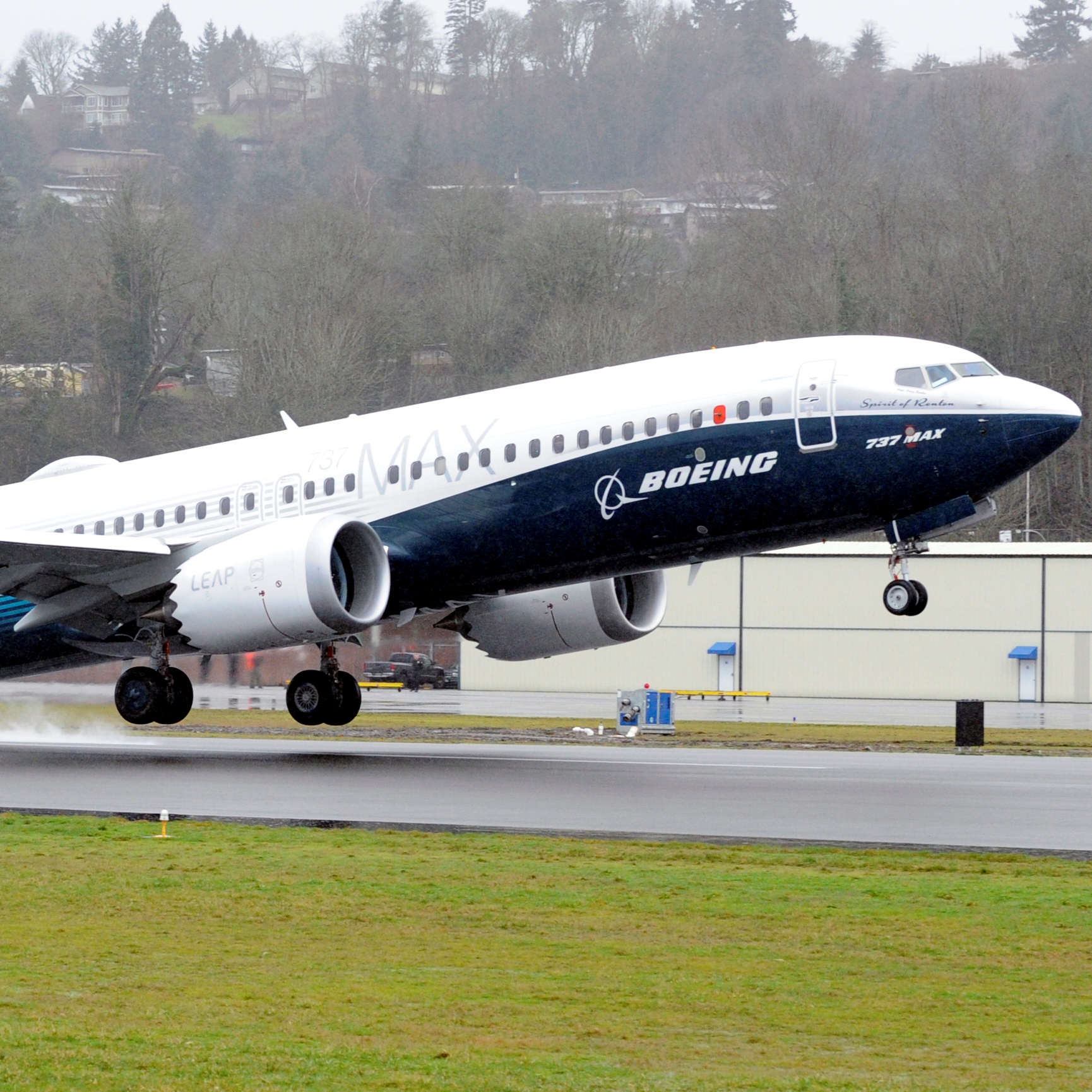Military
How Analysts Are Changing Their 2016 Boeing Bull/Bear Case

Published:
Last Updated:

Boeing Co. (NYSE: BA) saw shares fall 6.8% last Thursday to $108.44 after reports of a U.S. Securities and Exchange Commission (SEC) accounting probe on its big jets. Then its shares closed up only 0.2% at $108.63 on Friday, when the broad market was up much stronger. Reports of an investigation by the SEC over Boeing’s accounting have added more losses on top of what was already a double-digit decline so far this year.
So, the 2016 Boeing bullish and bearish outlook is not panning out at all the way things looked at the end of 2015 and the start of 2016. In fact, shares are down well over 20%. Boeing came into 2016 as one of the highest weightings in the Dow, with its shares well over $100. It was also valued at close to 15 times expected 2016 earnings, and its stock already sported a 2.5% yield.
Its shares rose 14% in 2015, but the year-end price of $144.59 came with a consensus price target of $163.78. That already has gone far lower, and it will be even lower in the coming days and weeks when the new lower analyst targets get factored in. The most bearish price target was last seen at $102.00, up $1.00 from the end of the 2015 lowest target price.
One driving force remains Boeing’s record $400 billion or so in backlog. This has grown from prior years, but emerging and international markets continuing to slow could result in orders getting canceled or pushed out. It turns out that weaker global growth, along with a combination of low commodities and crazy oil and energy prices, just don’t bode well for companies who try to sell overseas when there is also a strong dollar.
24/7 Wall St. wanted to see how analysts on Wall Street are viewing this. It may be very important because Boeing has been one of the bull market darlings of Dow, and there have been great expectations with that massive backlog for future orders ahead.
Boeing was downgraded to Neutral from Overweight at JPMorgan, and the price target was cut to $120 from $142. The prior consensus analyst price target was $147.17, and the 52-week range is now $102.10 to $158.83.
RBC Capital Markets maintained a Sector Perform rating but lowered its price target to $128 from $135 in its call.
Bank of America Merrill Lynch kept its Neutral rating but lowered its price objective to $115 from $125.
Jefferies was a standout research call, at least so far. Not only did the firm keep its Buy rating, there was no formal change to the $165 price target. We will have to see if that changes in the weeks ahead, but the Jefferies note said about its SEC investigation:
The probe involves a whistleblower’s complaint that sales and cost projections might have been too optimistic for calculation of the program’s margins. Based on the information available to us, this report does not seem material. Our Core EPS remain unchanged at $8.60 and $9.45 for 2016 and 2017, respectively.
S&P Capital IQ said that it was maintaining its Buy rating after the stock was down sharply on the news of the SEC investigation into its use of program accounting to spread the costs of its 747 and 787 programs out over years. The firm noted:
This type of accounting is legal, but can be used to obscure losses. While this is a near term negative that may overhang the stock and could lead to a large charge or fine, we remain positive on the large backlog of business BA has accumulated, and remain positive on overall aerospace demand. BA has declined to comment, but we would like to see some clarity on the size of the issue.
Credit Suisse maintained its Neutral rating after the news tanked the stock, but its $144.00 price target hardly feels like a Neutral rating, based on upside if that target remains in place.
The consensus analyst price target still registered as $147.17, but that should be expected to be lower by next week. Boeing’s $108.63 share price compares to a 52-week range of $102.10 to $158.83.
If Boeing does not have to lower its guidance any further, and if the estimates somehow prove right at this point, Boeing’s new screened forward multiple is less than 13 times expected 2016 earnings. Its dividend yield now, after having been hiked aggressively, is right at 4.0% as well. That sounds cheap, if the woes have been overblown — and we are in a “shoot first, ask questions later” market right now. It seems as though there are just a lot of “ifs” in 2016. Stay tuned.
Retirement can be daunting, but it doesn’t need to be.
Imagine having an expert in your corner to help you with your financial goals. Someone to help you determine if you’re ahead, behind, or right on track. With SmartAsset, that’s not just a dream—it’s reality. This free tool connects you with pre-screened financial advisors who work in your best interests. It’s quick, it’s easy, so take the leap today and start planning smarter!
Don’t waste another minute; get started right here and help your retirement dreams become a retirement reality.
Thank you for reading! Have some feedback for us?
Contact the 24/7 Wall St. editorial team.